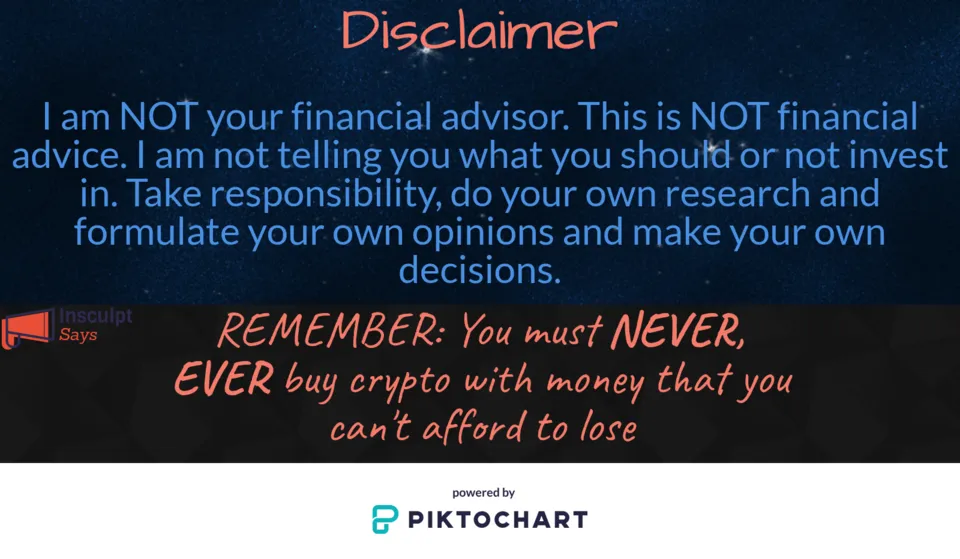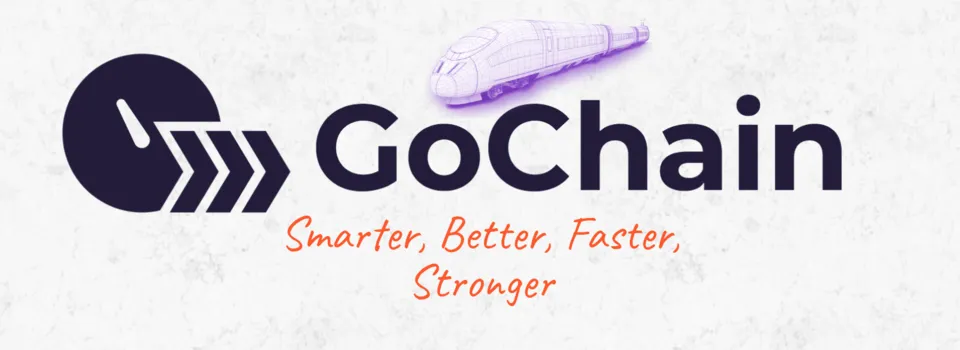
POW, POS, POA, POR... Which is better?
When you hear the word bitcoin, you will probably think about mining, (if you understand blockchain technology of course). How on earth do you mine something that is not tangible? What is mining and how does it work?
This article is not about mining so I will not go into too much detail about mining. For blockchain technology to work the way it does, for it to be trustless and secure, transactions need proofs and validators. Mining, therefore, is the process of validating transactions and in Proof of Work algorithms (POW), this is done by performing computational calculations. These computations require massive amounts of computational power which in turn requires crazy amounts of electricity to perform. As more people join the mining, the difficulty of mining a block increases and so does the computational power and electricity required.Many algorithms have been created that aim to solve this problem which is environmentally unfriendly, Proof of stake, Proof of Authority and many others. The other reason why other algorithms were deemed necessary, is that if an individual managed to gain control of at least 51% the computational power, that individual will be able to inscribe whatever transaction they want, when they want and the blockchain's safety will be compromised.
Proof of Stake
Proof of Stake was introduced to try and eliminate the need to perform "empty" computations that consume so much electricity that can power millions of households. Proof of stake works in a way that the validator needs to have a "stake" in the project in the form of coins that are blocked as a form of proof that they can be trusted. It is assumed that an individual with a stake in the project will always act in the best interest of the network. If any validator is caught cheating, they would be cut off and lose the stake that they hold. Transactions are faster since the computers don't have to perform vain calculations in order to validate a block. This saves electricity but there are no guarantees that the validator will always act in the best interests of the network. This gave birth to a similar algorithm, Proof of Authority (POA)
POA

Proof of Authority (PoA) is a modified form of Proof of Stake (PoS) where instead of the stake with the monetary value, a validator’s identity performs the role of a stake
It's a consensus mechanism where the validators are ones that are explicitly allowed to generate blocks because their identity is at stake. It ensures that each validator only has one stake since an individual only have one true identity. The validator is required to disclose their official personal identification in order to be approved as a validator of blocks. It is assumed in this mechanism that the individual whose identity is at stake is incentivized to act in the best interests of the network. Great as the POA is, things can get better. That is what GoChain has done. They have gone a step further and created a better consensus mechanism in the form of Proof of Reputation (POR).
Introducing GoChain
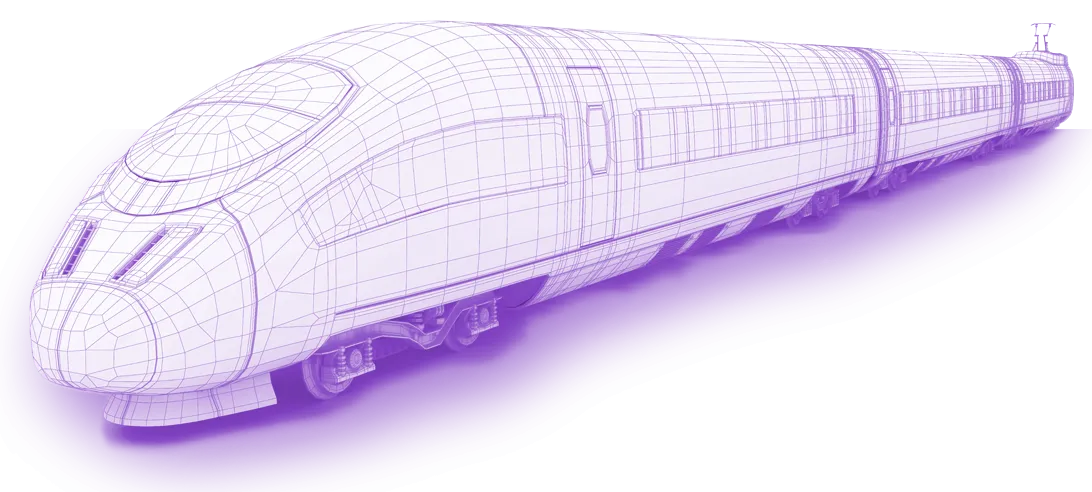
Before I talk about POR in detail, I made the following infographics to give you an idea of what GoChain is and what it's all about.
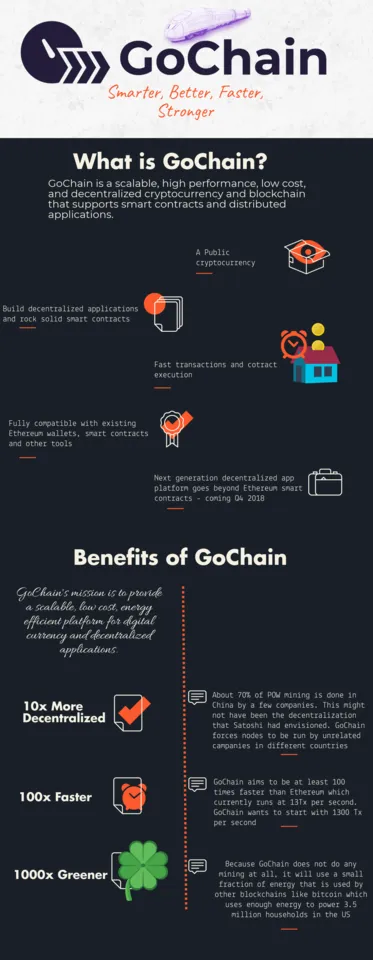
I apologize if the image is not very clear but Steemit does not seem to display infographics properly. I tried many tricks but it just doesn't want to display full width. I hope you can still read the tiny text.
Basically, GoChain is a much-improved version of Ethereum. It is technically a fork of Ethereum that offers a faster, better and cheaper platform for developers to build decentralized Apps (DAPPS). As I said earlier, it introduced a new consensus mechanism called Proof of Reputation.
How POR works
GoChain believes that POR is the best solution to all the shortcomings of the other consensus mechanisms.
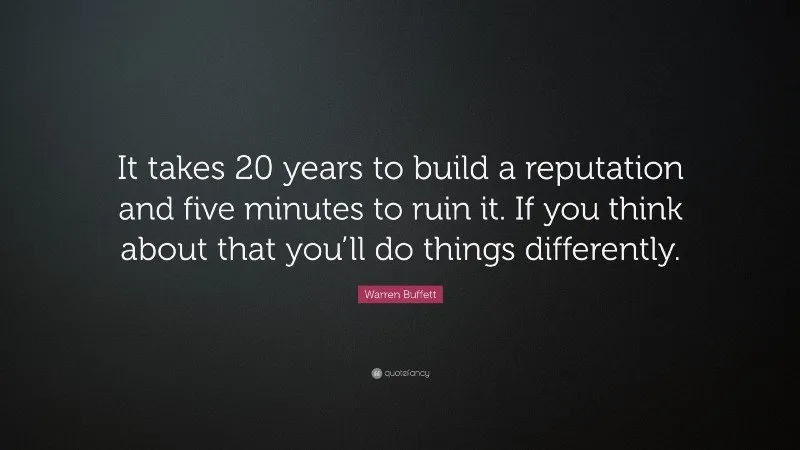
This quote is the foundation on which POR was built, well not technically, but you get what I mean. Proof of Reputation relies on validators putting their reputation at stake. The model assumes that the validator will act in the best interest of the network in order to protect their reputation which is at stake. To ensure this, the entity chosen to be a block signer will need to have a reputation that is important enough that they will not try to cheat the system because the consequences of doing so will be dire. It is a well-known fact that big companies have a lot to lose if they were caught acting in a deceitful manner, for this reason, they are the perfect candidates for holding nodes for the GoChain blockchain.
Proof of reputation is really secure because everyone will be able to know which companies are running nodes and if they trust those companies, they will trust the network. If you want to know more about how POR works, you will find this article useful.
The other advantage of POR is that nodes don't need to compete for finding blocks, there are fewer nodes on the network doing validations, transactions will be much faster, as I mentioned in the infographic, initially up to 1300 times faster than Ethereum blockchain. This also means less energy is used and the blockchain technology will leave a very small carbon footprint.
GoChain is Cheaper
I read an article that made calculations to prove that GoChain is 7500 times cheaper than Ethereum. This article made me really excited, I will tell you why. Some time back I bought the Docademic tokens (MTC). When the price was just right, I transferred the tokens to hitbtc exchange to sell them. I had about 2860 but sadly hitbtc only allow trades of MTC in multiples of 100. This meant that I could not sell the 60, at least not on hitbtc. I decided I was going to wait for the price to up up further, then I would buy some more elsewhere and then sell the lot. Unfortunately, hitbtc being hitbtc, they blocked deposits and withdrawals of MTC under the pretext of "maintenance" (the maintenance has been going on for over a month now). I left the tokens there for over a month as I could not sell or withdraw them.
A couple of days ago, I decided to check if the withdrawals had been activated again because I needed some Eth on my Eth wallet to transfer some tokens. I was pleasantly surprised to discover that I could now withdraw. I quickly withdrew them to my metamask wallet (before they blocked the withdrawals again). I made the one mistake of depositing the coins on Idex without checking the minimum amount that can be traded there. I only found out when I was placing my sell order. Okay now what, I thought. At that time the Eth gas price was at about 4 gwei, which was awesome by the way. I decided, fine, I'll head over to *hitbtc and buy 100 MTC, send them to Idex and sell the whole lot there and so I set out to do exactly that. I bought the MTC, transfered it to my metamask wallet opened Idex and initiated the deposit, signed the transaction and waited, and waited, and waited, and waited, are you bored yet? Yeah, I waited forever and my transaction was still pending. I went to bed, woke up the next morning and my transaction was still pending!
At this moment I was getting really pissed off because the price of MTC was dropping sharply and I was losing money. I decided to investigate what was the hold-up, and guess what! The gas price had gone up all the way to 60gwei. That is more than 15 times the price it was the previous day! It didn't end there, the price went as high as 110gwei! The suggested gas limit on metamask also went up to some astronomical number over of 700k! That meant for me to send tokens worth $21, I had to pay over $340 for gas. That is absolutely insane. I have even seen someone who has paid $6000 for a failed transaction on the Etherium network. Until today my transaction is still pending despite the fact that I increased the gas price.
To cut the long story short, I'm really angry at the Ethereum team because they are failing us. This is extortion! GoChain is here already, I don't know why Dapps are not jumping ship already. They are 100 times faster, and currently 15000 times cheaper. Yes you read that right fifteen thousand times cheaper than Ethereum. Even though GoChain uses the exact same calculations as Ethereum, GoChain tokens are currently 15000 cheaper than Eth. Suppose the price were to go up 1000 times, the transactions would still be 15 times cheaper if the price of Eth remains the same, that scenario is highly unlikely, that means transactions on the GoChain blockchain will always be significantly cheaper. The mainnet is live and they are already delivering on their promises. Today you can build a dapp on GoChain and your community will thank you because they wont have to pay astronomical fees for terribly slow transactions. Go ahead and transfer to GoChain even if you are running on Ethereum right now, because their blockchain is 100% compatible with Ethereum. You won't change a single line on code, just plug and play! Please Read my disclaimer before you make that decision though.
I have too much to say but an article that is too long will bore you to death so I'm going to direct you to their website for more information. The whitepaper has even more details if you want greater details. Youcan check their bitcointalk forum. They are present on social media in the form of Telegram, Facebook and Twitter.
Summary
GoChain is a faster, greener and smarter blockchain. Their smart contracts will be pausable and can be updated easily. Please watch this video for a quick review.
Thank you for reading, if you found this article informative, please upvote and resteem.